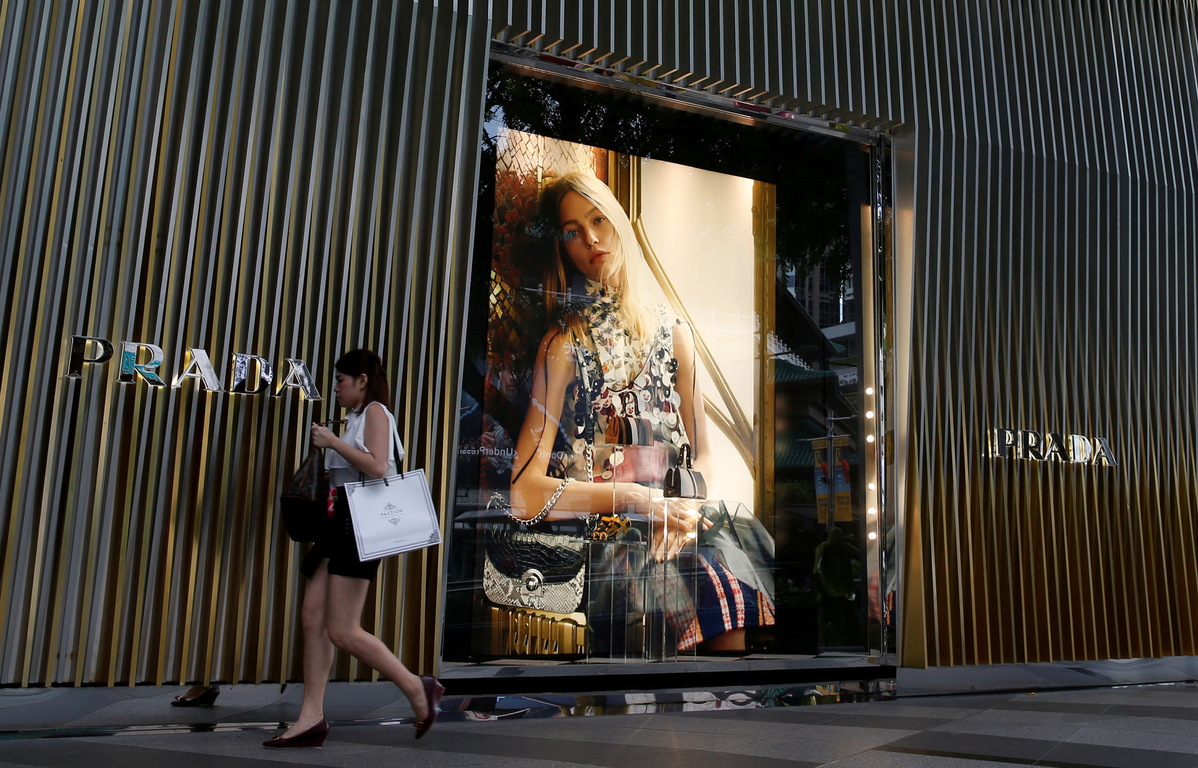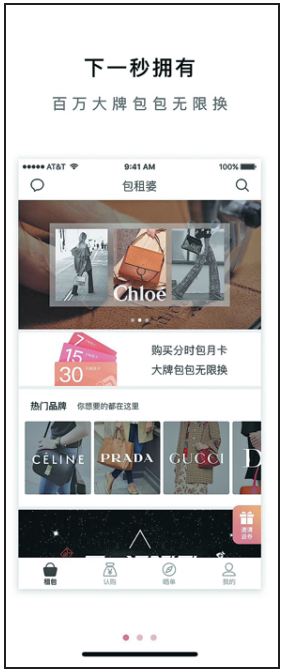Luxury in the bag for less than $2 a day


The Chinese sharing economy's latest innovative offering allows users to rent luxury handbags for less than $2 per day, but industry analysts said the business is not likely to grow to a large scale.
Prada, Chanel, Louis Vuitton, Alexander McQueen - all these brands have one thing in common: being expensive. But some startups, riding the sharing economy trend, are offering users a much cheaper way to get hold of their high-value products.
Luxury handbag sharing platform MrsB allows its users to rent a Valentino clutch bag for 8 yuan ($1.15) a day. It also offers "bag securities", which involves users buying a share in the bags - similar to holding stocks - and gaining payouts from future rental fees.
"In 2009, Chinese people started to buy luxury items on sale from overseas outlets, and later they shifted to brand new products," said Zhu Di, the 28-year-old founder of MrsB. "From the second half of 2016 onwards, they have gradually turned to the second-hand market because being able to use an item is more important than owning it.
"For example, you buy a 10,000 yuan bag, use it for one year and then sell it as second-hand for 7,000 yuan. You can see the 3,000 yuan as the rental fee for the year."
According to a McKinsey & Co report, Chinese consumers spent over 500 billion yuan on luxury goods in 2016, representing almost a third of the global luxury market.

By August, MrsB had about 200 bags in stock with 20 daily orders on average. Despite its relatively low stock, the passion among its fans has remained high, according to Zhu.
The platform recently released a Gucci Sylvie shoulder bag with a market value of $2,378 on its online shop, and it was rented out in within 30 seconds.
However, luxury industry experts have expressed doubt that such a business can grow to a considerable size.
"Sharing luxury products, or the rental service, whether online or offline, is not a new thing," said Tang Xiaotang, chief analyst of luxury retail consultancy Nofashion. "No such attempts have yet made it big because, for the fashion business, the only proven way to be profitable is to sell."
He said renting luxury products is not a necessity for many Chinese consumers, because the purchasing power for such products in China is now bigger than in other developing economies.
Facing such doubts, Zhu said most current sharing models, no matter for bags or for bicycles, are at their core business-to-consumer renting.
"There are very few cases that have actually achieved true sharing," he said. "My vision is to achieve'by the people, for the people'. So in the first phase, we are indeed a B2C rental service provider, because the major problem is that bag owners don't want to rent their bags. If they don't want a bag anymore, they want to cash it in."
Zhu said that is why the company also has bag securities financial products.
"It's like online car-hailing. Platforms like Didi never buy any cars. Instead they offer the platform on which you can offer your service," he said. "Through the bag securities products, users buy the bags for us and we rent out the bags for them."




































